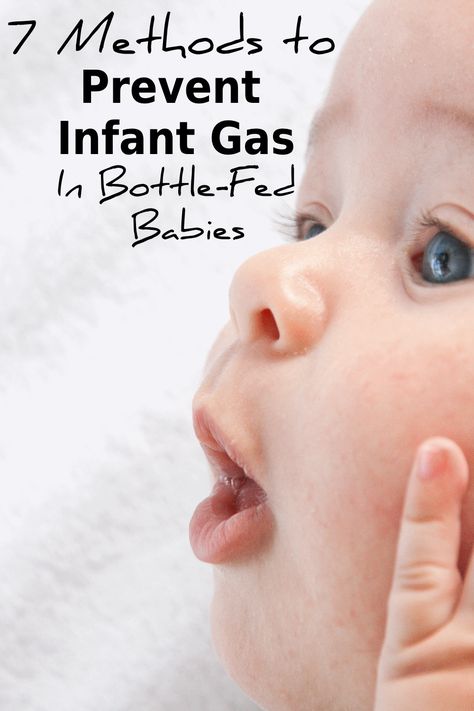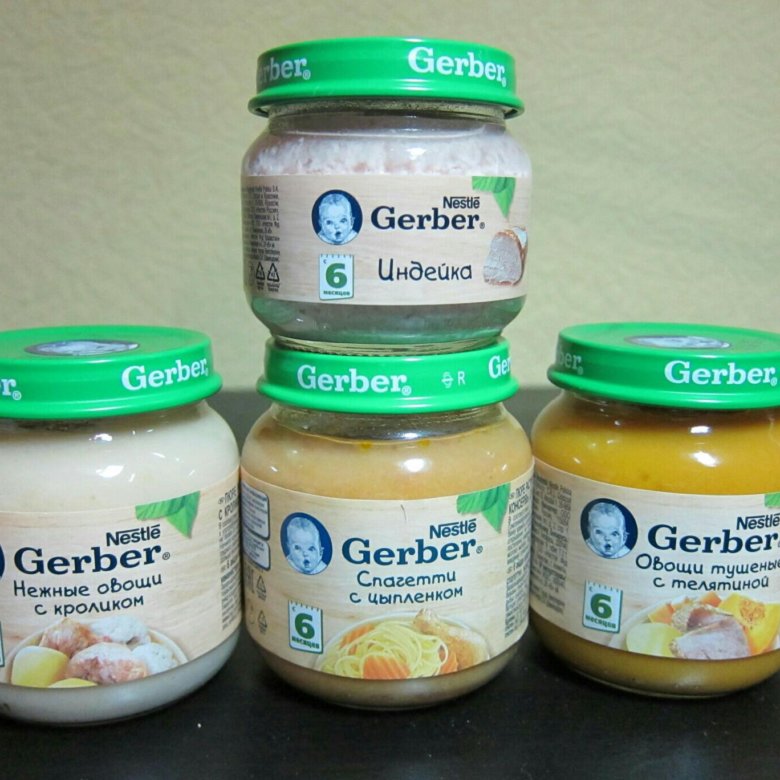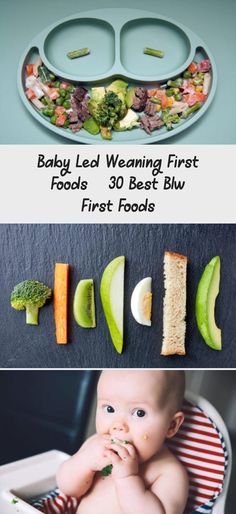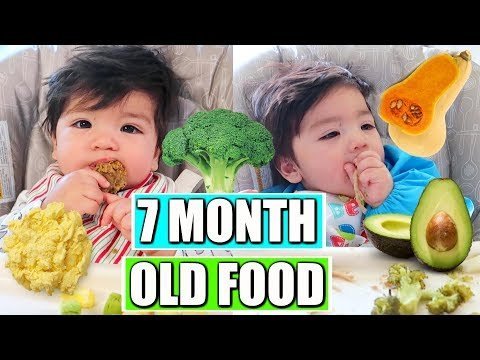Weaning baby from night bottle feedings
How and when to wean your baby off of night feedings
Wondering when to wean your baby off the bottle or breast at night? Most babies can make it through the night without eating when they're 6 months old. You may be able to start night weaning your baby when they're 4 months old, or you may choose to wait until later. The key is to ensure your baby is getting plenty to eat during the day and right before bedtime. You can then gradually cut back on the amount of breast milk or formula and the number of times you feed your baby at night.
Can you hardly wait for your baby to sleep through the night? Fortunately, that milestone may be closer than you think. Many babies are able to sleep for at least six hours at a stretch when they're 3 months old, or weigh 12 to 13 pounds. However, some babies take longer: Roughly one quarter aren't sleeping six hours overnight by the time they hit their first birthday.
Babies wake during the night for many reasons, but notably because they're hungry. In the early months, babies need to eat every few hours, including through the night. Gradually, however, babies need to eat less and less at night – until by 6 months of age (possibly sooner or later), your baby may quit nighttime feedings and go up to 12 hours without waking to eat.
Sometimes babies self-wean from night feedings with no help from you – they'll just sleep through the night suddenly and never look back. But sometimes you have to nudge them, especially if they're down to one nighttime feeding they just aren't dropping.
Night weaning your baby means ensuring they get enough to eat during the day so they don't need to wake at night to eat. Here's how to get started.
When will my baby be ready for night weaning?
This varies, but somewhere between the ages of 4 and 6 months, most babies get enough calories during the day to sustain them for five or six hours at night.
It's not unusual for younger babies to sleep for much longer stretches without needing to eat – or for older ones to continue waking up to eat.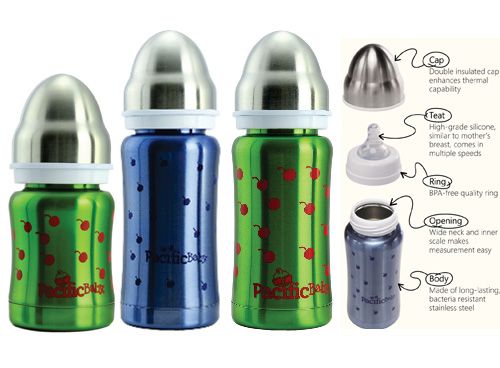 Even if your baby doesn't need to eat in the middle of the night, they may still wake up wanting to. Babies who are used to eating several times a night tend to wake up out of habit, and it can take time to change this routine.
Even if your baby doesn't need to eat in the middle of the night, they may still wake up wanting to. Babies who are used to eating several times a night tend to wake up out of habit, and it can take time to change this routine.
If you've recently gone back to work and are less available during the day, your baby may want to nurse or take a bottle at night as a way of reconnecting with you. And you may notice that your baby wakes up more often when they're teething, if they catch a cold, or when they're mastering a developmental milestone.
For all these reasons, it's helpful to approach the weaning process gradually and gently. Keep in mind that your baby is still young and has a tremendous need for comfort, closeness, and reassurance – particularly from you.
Should I start night weaning my baby?
Many experts recommend night weaning around the time babies are 6 months old, because at that point most babies don't physically need to eat at night. At this age, most babies wake to eat out of habit. And if you do wait to night wean your baby when they're older, know that it can be more challenging to wean a toddler off of night feedings. But the timeline isn't set in stone: You can start trying to get your baby to sleep longer stretches between feedings as early as 4 months of age, or much later than 6 months old.
At this age, most babies wake to eat out of habit. And if you do wait to night wean your baby when they're older, know that it can be more challenging to wean a toddler off of night feedings. But the timeline isn't set in stone: You can start trying to get your baby to sleep longer stretches between feedings as early as 4 months of age, or much later than 6 months old.
Advertisement | page continues below
Ultimately, it's your choice whether to night wean or not. It's hard to maintain your own health and well-being if you're chronically sleep deprived. The decision to end your baby's night feedings depends in part on how they're affecting you.
If you enjoy nursing or giving a bottle to your baby at night, you can continue until your baby eventually quits on their own. On the other hand, if you find yourself feeling grumpy and exhausted, it may be time.
Keep in mind that your baby's sleep and nutritional needs may vary if they aren't gaining weight as expected or if they were born prematurely.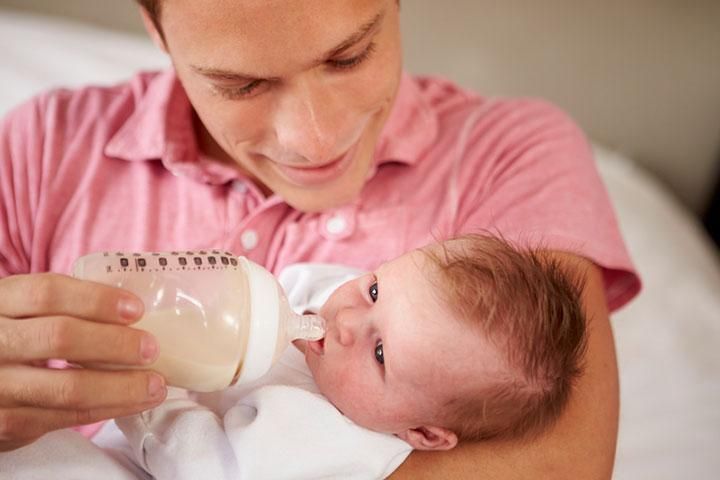 If you're not sure whether your baby's ready for night weaning, talk to your child's doctor. The doctor can help you sort through any issues and help you make your decision based on how your baby's growing.
If you're not sure whether your baby's ready for night weaning, talk to your child's doctor. The doctor can help you sort through any issues and help you make your decision based on how your baby's growing.
How to wean your baby off of night feedings
Once your baby is ready to give up night feedings, try the following techniques:
- Make sure your baby gets plenty to eat throughout the day. As your baby grows and becomes more active, they may not want to stop to nurse or take a bottle during the day, and they may try to make up for it at night. To make sure they get enough to eat, take scheduled breaks during the day for a quiet bottle or nursing session in a place with no distractions. (If you're not sure that your child is eating enough, check their growth by having them weighed at the doctor's office.)
- Start the night weaning process slowly and gradually. Nurse your baby for a shorter period of time on each breast or give them a smaller amount of breast milk or formula in their bottle when they wake at night.
 Try to prolong the intervals between feedings by patting and comforting your baby back to sleep.
Try to prolong the intervals between feedings by patting and comforting your baby back to sleep. - Offer extra feedings in the evening. If your baby goes to bed with a full tummy, they're less likely to wake up hungry in the middle of the night.
- Give a "dream feed." After your baby's already asleep – say at 11 p.m. or so – you may want to wake your baby for a final feeding before you go to bed yourself.
- Avoid night weaning during times of transition. For example, wait if you're just about to return to work or take a family vacation. If you've recently become less available during the day, make sure to give your baby extra cuddle time when you're together, so they'll feel more connected and be less likely to seek comfort in the middle of the night.
- Gradually eliminate feedings, one at a time. Gently soothe and comfort your baby when they wake up, and explain that it's time to sleep, not eat.

- Keep any feedings you do at night short and sweet. That way your baby won't wake to eat just because they've come to expect late-night cuddles.
- Consider sleep training. If your baby seems to eat plenty during the day but still wakes at night, it may not be because they're hungry but because they're used to it. At this point, you may want to consider baby sleep training to help your little one learn to self-soothe back to sleep.
For more help night weaning your baby from a pediatric sleep physician, check out our course, Baby Sleep 101.
Night weaning if you're breastfeeding
Suddenly stopping the frequency of your nighttime nursing sessions can lead to painful engorgement and increased likelihood of developing an infection known as mastitis. That's one more reason it's good to start slow and drop one feeding at a time, so your breasts can get used to your new routine more easily. In the meantime, you may find that you initially need to wake up and pump breast milk during the night to relieve engorgement.
A key to night weaning your baby is making sure they're getting enough to eat during the day. You may find that you need to pump after one or more feedings during the day, then save the additional milk for an extra feeding in the evening. This can help boost your milk supply as well as ensure that your baby fills up before bedtime. As always, you'll know your baby is getting enough to eat if they're gaining weight as expected and having at least six wet diapers during the day.
Once your baby is around 6 months old, they'll start solids. Breast milk will still be your baby's main source of nutrition, although you may find that they need to breastfeed less as they gradually eat more solid foods.
Night weaning if you're formula feeding
If you're bottle-feeding and ready to night wean your baby, make sure they get enough to eat during the day. By 6 months of age, formula-fed babies need to eat between 6 to 8 ounces (or 180 to 240 mL) per bottle, four to five times every 24 hours.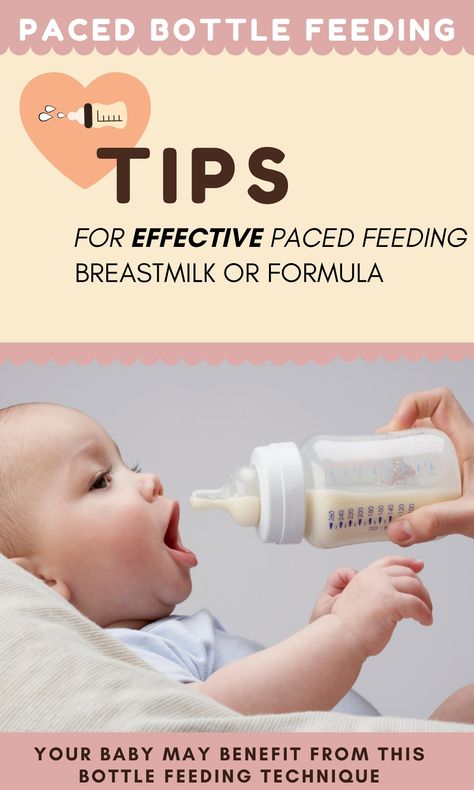
Once your baby starts solids, formula will still be their main source of nutrition. But with time, solid foods will cover more of your baby's nutritional needs – and you'll eventually start giving your baby fewer bottles with slightly more formula in each. The bedtime bottle is usually the last to go, and even once you wean your child off it, you may want to give them a bedtime snack or a cup of milk to help them make it through the night without getting hungry.
Learn more:
- Baby sleep 101 virtual course
Nighttime Bottle Feedings - How Do I Wean My Nine-Month-Old?
A reader named Tiffany wrote in to ask about her nine-month-old’s nighttime bottle feedings:
“We cannot kick the night wakings of our nine-month old. Our daughter is obsessed with her bottle, whether hungry or not, and must have it when she wakes for comfort. How do I break an addiction like this?
The problem is that she will go from groggy and fussy to fully awake if we don’t give her one right away. So, more often than not, we just give her the bottle. But it’s getting wearisome to wake many times per night for this. Recently, she is waking four to five times.”
So, more often than not, we just give her the bottle. But it’s getting wearisome to wake many times per night for this. Recently, she is waking four to five times.”
This is a pretty common problem, and the solution includes:
- Making a plan
- Preparing for sleep training with naps
- Having a good bedtime routine
- Set feeding times
- Using The Shuffle
A Common Problem
It’s actually very common for babies this age to use nursing or nighttime bottle feedings as a sleep crutch. As you’re saying, she really needs it whether she’s hungry or not. So, more than likely it’s the habit of needing to suck to sleep and back to sleep that creates the need for the bottle.
Make a Night Weaning Plan
First, you’re going to need to make a night weaning plan. Talk to your pediatrician and describe a typical three days of food and drink for your daughter. Tell him, “This is how much she eats and drinks during the 12-hour waking period.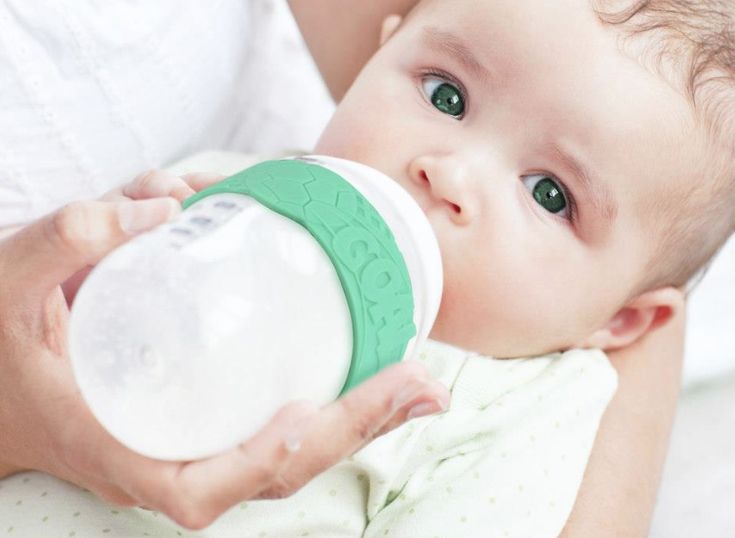 Given her age, weight and health, do you think that she needs to receive a nighttime bottle feeding?”
Given her age, weight and health, do you think that she needs to receive a nighttime bottle feeding?”
This will help you determine how many feedings she needs, if any, each night. You will probably have one or no nighttime bottle feedings. Then you can build that into your plan.
Prepare for Sleep Coaching With Good Naps
You always want to start sleep coaching at bedtime after a great day of naps. Even if it means rocking, holding, feeding her to sleep, or having her sleep in a stroller, do what works for you. Make sure she gets about three hours of sleep combined over two naps on that first day. If the combined time of 3 hours has to be over three or four naps that is also okay in order for her to be well-rested for sleep coaching.
A Good Bedtime Plan
The really great, sweet-spot bedtime at her age is somewhere between 7 and 7:30 p.m.. You will make your way through the day and when you get to 7 or 7:30 she will be well rested, well fed, and not awake too long.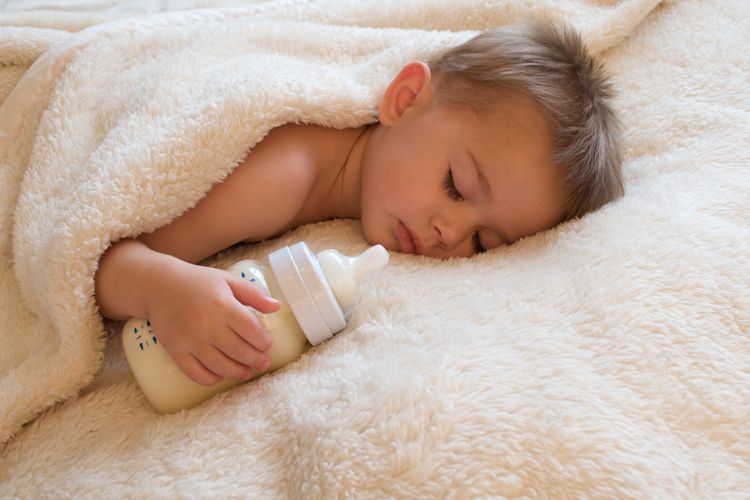
At bedtime you will go through a soothing bedtime routine. Feed her with a bottle, and if she seems really sleepy, then keep the light on so that she stays awake. Don’t allow her to go to sleep or get too drowsy. If you find that she starts to fall asleep while feeding, then I would even change her diaper. Make sure she is really awake and then give her kisses and put her into the crib. Pull the shade is down and turn off the light. Then sit next to her and start the sleep-coaching process.
Want to know more about putting your child to bed Drowsy But Awake?
Read: Drowsy But Awake — The Cornerstone of Successful Sleep Training
The Shuffle
When you do the Sleep Lady Shuffle you will sit next to her and stay with her until she’s asleep. Then you will do the same thing every time she wakes up, offering her physical and verbal reassurance each time. Then you’ll gradually move from her crib until you’re not sitting with her anymore, and she is falling asleep on her own.
Then you’ll gradually move from her crib until you’re not sitting with her anymore, and she is falling asleep on her own.
Learn all about the Sleep Lady Shuffle:
Read: The Sleep Lady Shuffle: How to Gently Sleep Train your Baby
Work On Eliminating Nighttime Bottle Feedings
Once you have a weaning plan in place you will only give her nighttime bottle feedings at the designated weaning plan times. For example, if you wanted to wean her completely at night—and your doctor supports that—then you only want to go down to one feeding at first. You would have either a “set-time” feed or a dream feed. You feed her that one time for three nights and on the fourth night there is no feeding.
Over the first three nights you could also reduce the number of ounces in each bottle so that by the fourth night there are only a couple of ounces. Then you would do no feeding on that fourth night. Next, you would stay an extra night by her crib in case that’s a big change for her and she needs that reassurance. After that, you move out away from her crib every three nights.
After that, you move out away from her crib every three nights.
Want to read more about night weaning?
Read: Night Weaning After Six Months: How to Gently End Night Feedings
You Can Do It!
Weaning from nighttime bottle feedings sounds simple, and yet there are many steps to it. Overall, this is how you’re going to address the problem so that she will learn how to go to sleep and stay there without using a bottle. Hopefully this helps you make a plan and stick to it!
How to wean a child from night feedings with a bottle or breast
From birth to six months, frequent meals for babies are a physiological norm. Breast milk or formula is absorbed very quickly - within 2-3 hours. And the baby needs to eat again to provide himself with the necessary nutrients for normal weight gain and development.
Parents in the first months of life will have to restructure their rest schedule so that the baby gets food both day and night. However, there comes a time when there is no need for such frequent snacks, especially at night. When this happens, how to determine if the baby is hungry at night, and how to stop night feedings and start getting enough sleep, we will analyze in this article. nine0004
However, there comes a time when there is no need for such frequent snacks, especially at night. When this happens, how to determine if the baby is hungry at night, and how to stop night feedings and start getting enough sleep, we will analyze in this article. nine0004
Should we wean the baby from night feedings
Once eating at night is no longer a necessity, there is nothing to stop parents from breaking the habit if they want to.
It is important to remember that for a child, the process of feeding is also a way to communicate with his adult. When breastfeeding, babies receive their mother's warmth and attention, for which they can wake up and ask for breasts at night.
Psychologists recommend weaning from night feedings so as not to cause psychological trauma to the child. nine0004
Until what age should you feed at night
Since the introduction of complementary foods, and this is about 6 months, the child is able not to wake up at night to eat. And after a year, his need for night food definitely disappears.
And after a year, his need for night food definitely disappears.
Some babies, already at 3-4 months, let their parents sleep, but this is rather an exception. As soon as the baby switches to solid food, which takes longer to digest, the frequency of feeding decreases. And satiety time increases. And this means that it is quite realistic to stop nighttime snacking, providing the child's needs for food and communication during the day. nine0004
How do you know if your baby is ready to stop snacking at night
Your child does not need to be fed at night if he:
- Doesn't eat at night, but plays more with breast or bottle;
- Does not finish the portion;
- Stops acting up if you pick him up and shake him.
In all cases, the need is obvious not so much for hunger as for communication with an adult. Perhaps something is bothering him - hot or cold, stuffy, or he just had a good night's sleep and needs to "walk" in order to fall asleep again.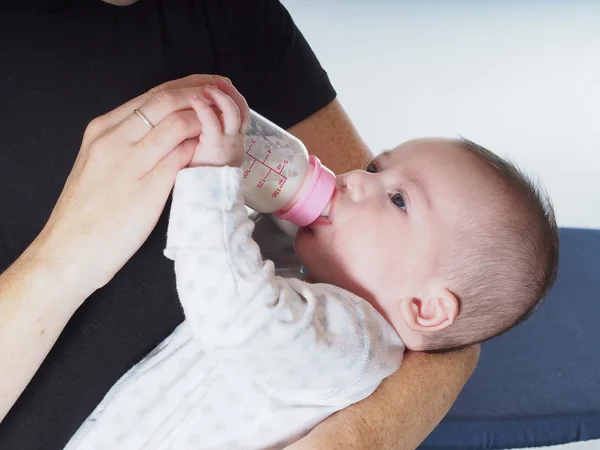 nine0004
nine0004
Children on breastfeeding are more difficult to wean from night feedings than artificial ones. They have more attachment to the chest. Therefore, the weaning process often takes several weeks. During this time, parents need to be patient in order to survive the nightly whims. It's important to be consistent so you don't go back to feeding after you've decided to stop.
Next, we’ll talk about how to replace night feedings and how to facilitate the transition to uninterrupted sleep for you and your baby. nine0004
Basic rules for weaning your baby from night feedings
The task of the parent is to provide the physiological and psychological needs of the child during the day, so that he sleeps peacefully at night.
- Spend more time with your child during the day than usual so that he receives attention, affection and care - after all, this is his important need, for the sake of which he is able to wake you up in the middle of the night.

- Go for a long walk, keep your baby active between naps. nine0026
- Bathe the baby shortly before the last feeding.
- And feed him well at night, and let the penultimate meal be light.
- Provide a comfortable temperature, humidity and enough oxygen in the room.
- Feed your baby again before going to bed yourself. To do this, it is allowed to wake the baby. If you wake him up and feed him at 11-12 at night, then it is likely that he will sleep until 5-6 in the morning. nine0025 Feed him a special nighttime formula that contains slow-digesting carbohydrates to keep him feeling full all night.
How to wean from nighttime breastfeeding
Gradually, the baby needs to be made clear that he will not receive food and breasts at night, for this, follow the recommendations:
- Give a bowl of water instead of breasts.
- Separate your baby or wear closed underwear so that he has limited access to his mother's breast.
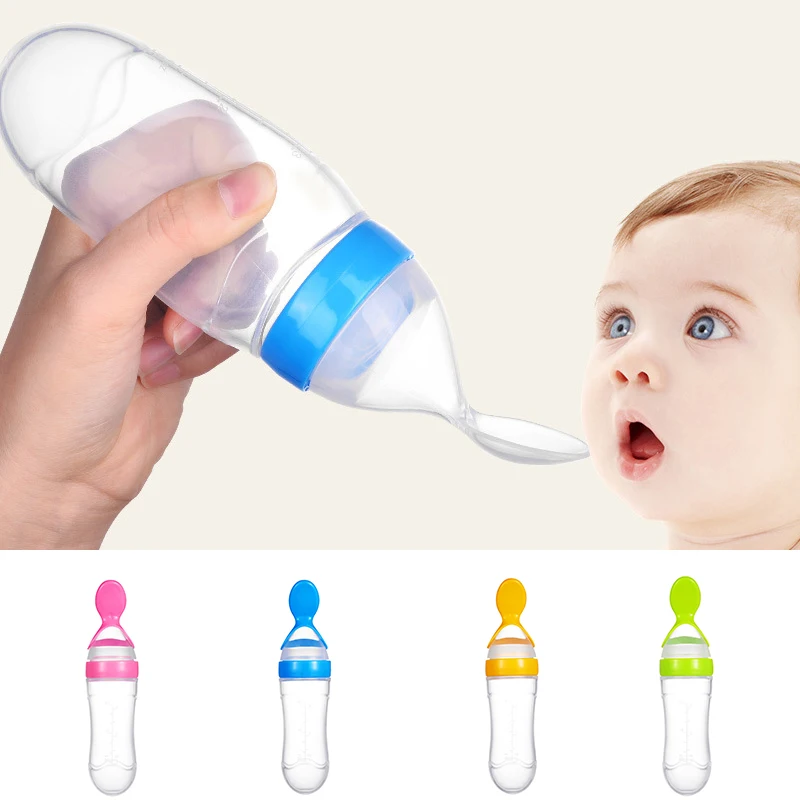 nine0026
nine0026 - Arrange with dad to get up to calm the child at night. In this case, you will not only get enough sleep, but also avoid the temptation to take pity on the whims of the little one and give breasts.
How to wean from artificial feeding at night
Swap out the formula bottle for a bowl of water. And after a while, the baby will get used to the fact that he does not receive a bottle, which means that there is no point in waking up to eat.
Bad time to stop feeding at night
If your usual routine of life is disturbed, this is not the best time to introduce additional restrictions. For example, if the baby is sick, he is teething, there is a difficult psychological climate at home, you are traveling or guests have come to spend the night. Let life get back to normal, and it will be easy for you to remove night feedings.
The process of weaning from snacking at night, with sufficient perseverance of the parents, takes no more than three weeks.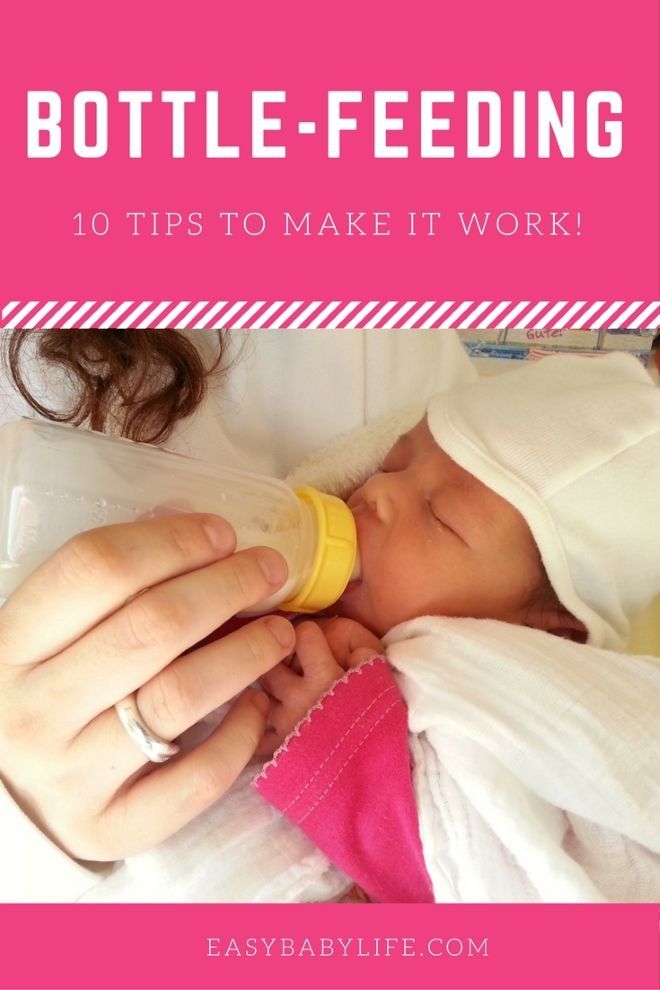 Be patient and you will definitely succeed! nine0004
Be patient and you will definitely succeed! nine0004
Complementary foods, cuddles and milk replacement with water: how to wean a child from night feeding
At what age do children stop eating at night
adults. Most children eat at night up to a year, some up to 2 or even 3 years. It is natural. However, according to experts, by 9-12 months a child can already go without food for 10-12 hours,” said Evgenia Zamakhina, pediatrician at the European Medical Center. nine0004
According to the doctor, if parents do not want to wean their child from nighttime meals, then they can continue to feed him when he wakes up, but you need to understand that this will gradually become a habit, not a need.
As Aleksey Parfyonov, a neurologist at the Andreevsky Hospitals - NESOLIT medical center, added, one cannot give up night feedings in a short time. For a child under one year old, feeding at night is not only a need for food, but also a need for tactile contact with the mother.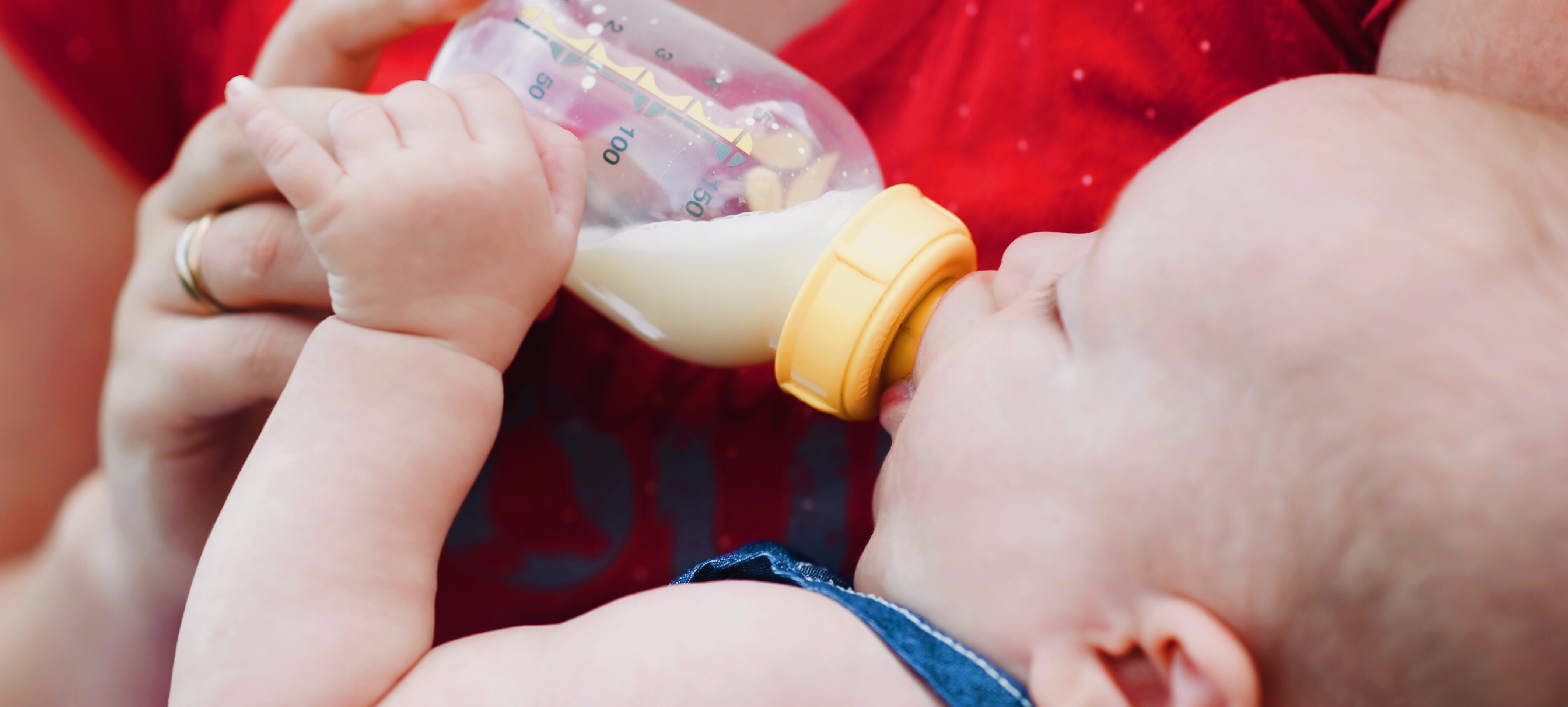 nine0004
nine0004
“We try to replace bodily contact with play, hugs. We are gradually transferring the vector of the child's attention to other ways to be in contact with the mother. This just happens from a year to a year and a half, when the child goes through the stage of separation from the mother, ”Parfyonov explained.
How to wean a child from nighttime breastfeeding
Pediatrician Zamakhina stressed that weaning from nighttime breastfeeding should be done in stages. You can start by reducing the number of breastfeeds during the day.
"It is necessary to wean the child from the breast during falling asleep, that is, to separate the association" food - sleep ". At night, it is desirable to gradually reduce the feeding time, then make the breast less accessible, gradually increase the distance between the mother and the child from night to night, eventually shifting him to his bed, ”the doctor noted.
As Zamakhina added, it is not necessary to breastfeed immediately after a baby wakes up at night.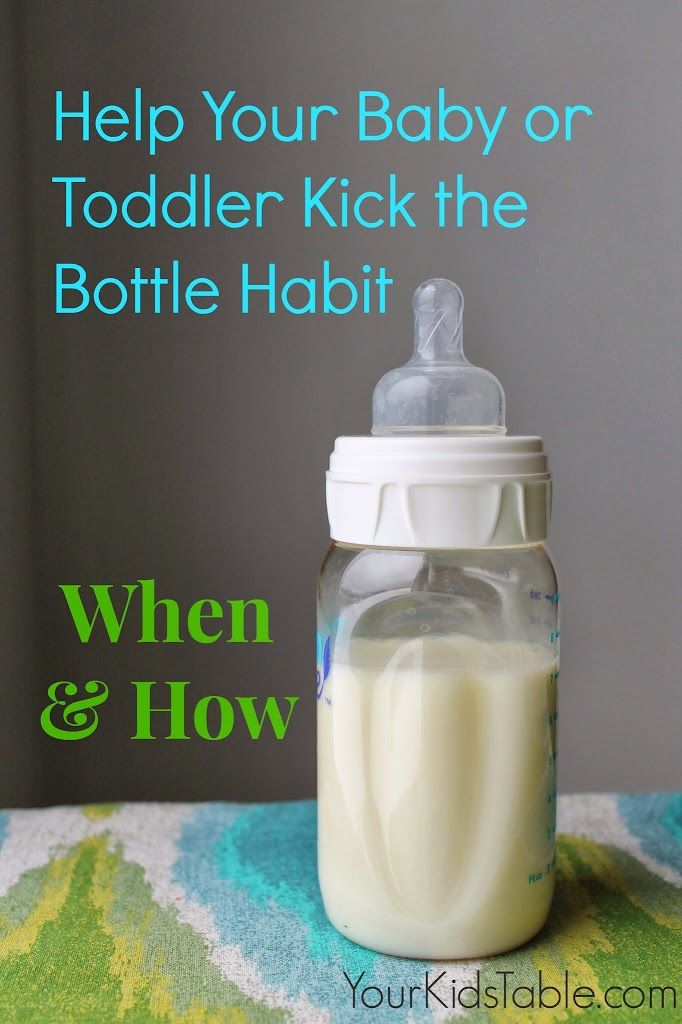 You should calm the baby by stroking and rocking.
You should calm the baby by stroking and rocking.
Complementary foods will be introduced as the child matures, allowing parents to include all the necessary nutrients in the child's diet during the day so that he does not feel hungry at night. nine0004
close
100%
“Before giving up night feeds, you need to understand if the baby is ready for this. If the baby eats well during the day, eats his norm during the day, gains weight, then there is no need for night feedings, ”added the pediatrician.
Zamakhina emphasized that if the parents have already introduced complementary foods, the child should be fed slow-digesting carbohydrates, such as porridge, for dinner. This will reduce the chance that the child will wake up for nightly meals. nine0004
As the neurologist Parfenov added, along with weaning, the mother can contribute to the development of the baby.
"Rejection of night meals stimulates the development of speech, the transition from sucking to chewing movements, stimulates the development of motor skills of the tongue and the formation of speech skills," the neurologist explained.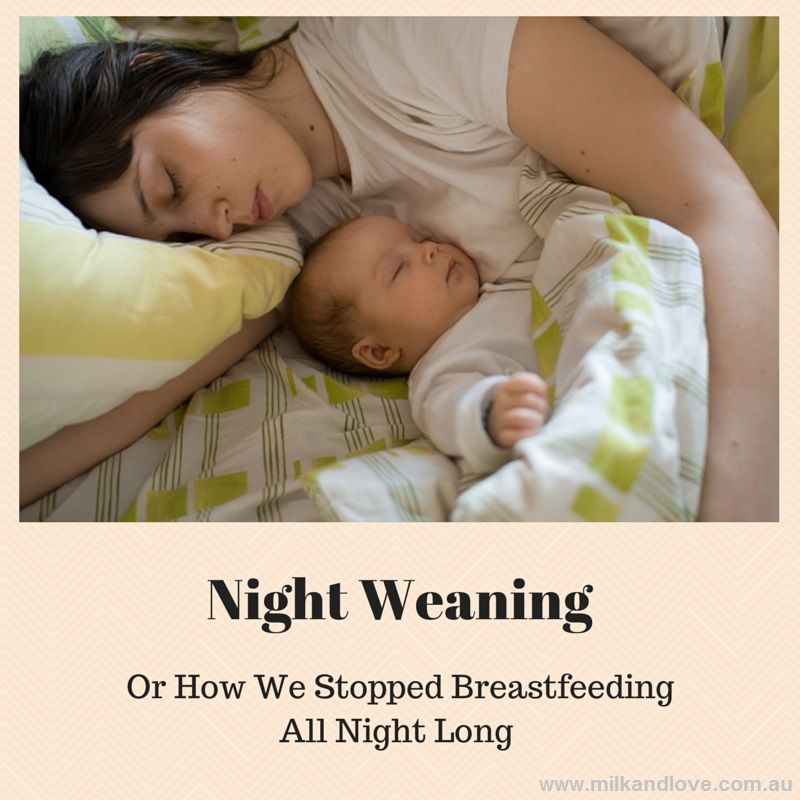
How to Wean Your Baby From Night Bottle Feeding
According to a pediatrician, formula is not as healthy as breast milk. This can be one of the good reasons for parents to refuse nightly bottle feedings. nine0004
“Any feeding at night is more harmful than during the day due to the risk of developing caries, since less saliva is produced at night to wash away food residues. In addition, tooth decay more often develops from formula feeding at night than from breast milk feeding, since formula milk contains more carbohydrates, ”the pediatrician noted.
Otherwise, according to the doctor, the recommendations for weaning a baby from a bottle are exactly the same as for breastfeeding. According to her, there are some general tips from experts, in addition to the methods listed above, that will help wean a child from night feeding:
• Physical activity, more walks during the day.
• Evening swim.
• Separate sleeping of a child in his own bed.

